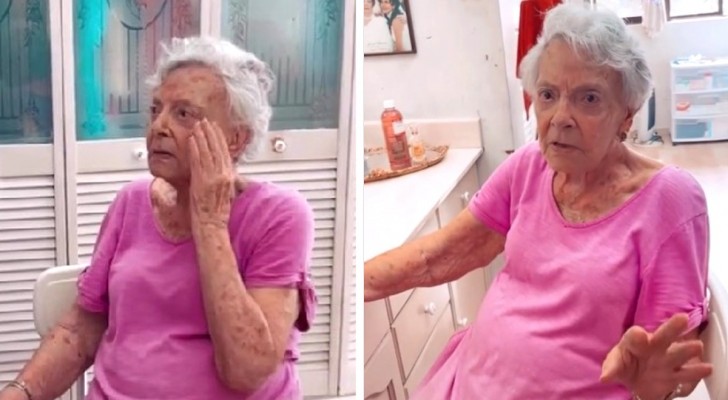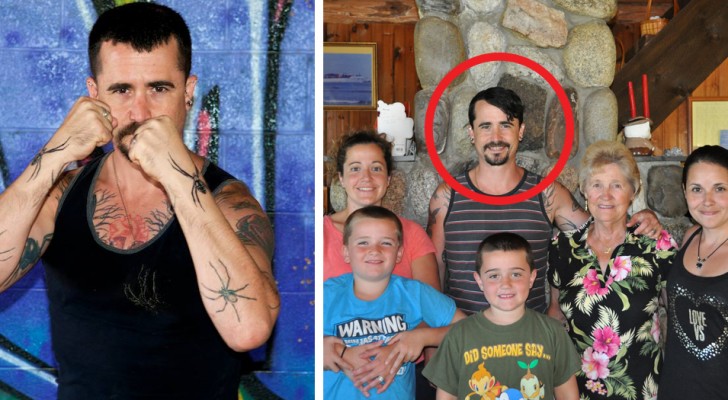Elderly people with Alzheimer's do not lose the ability to recognize loving gestures: let's make sure they never stop receiving them!
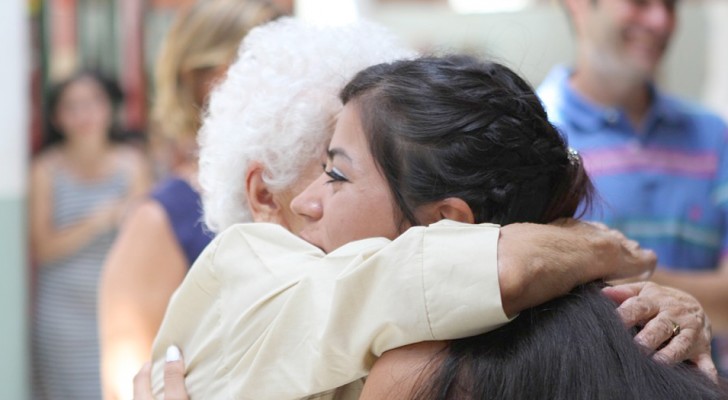
Alzheimer's disease is still not very well-known today, and therefore false information and prejudices abound.
It is believed, for example, that Alzheimer's causes those who have this disease to disconnect themselves from the outside world and to live in their own inner, unreal dimension.
However, by investigating better within this dimension, we have discovered that an Alzheimer's patient is afraid of the surrounding world, because they cannot express what they need, what they feel, or communicate with the people they see.
This is the terror of their everyday reality to which we must respond with empathy, love, and understanding.
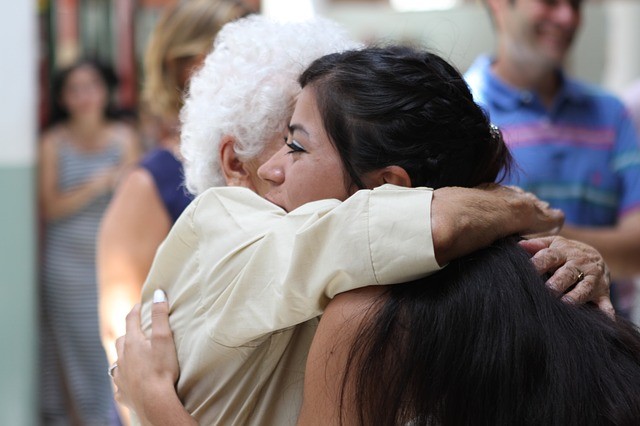
Recently, therapeutic models have been introduced which - by virtue of the principle of respecting a patient's dignity - focus on the person, and consequently place emphasis on communication and contact.
Furthermore, it seems essential to empathize with the inner reality of the patient; on the one hand, to try to keep them anchored to their identity, while on the other making sure that those around him - relatives, health workers - become more compassionate to those behavioral disorders typical of those who suffer from Alzheimer's.
The goal is to provide security and strength to the patient so that they feel able to express their feelings, thus safeguarding their dignity. Only by recognizing the validity of their moods, their emotions, can these people feel that they exist, that they are accepted, and therefore be motivated to externalize their thoughts and feelings.
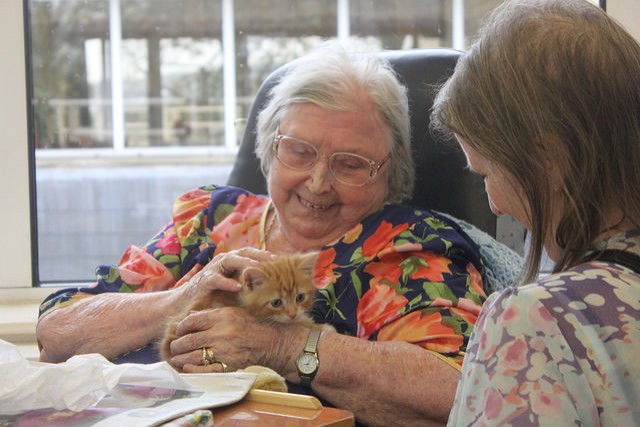
In fact, despite their ability to express themselves verbally decreases progressively, it does not mean that Alzheimer's patients do not feel the need to communicate. It is, therefore, up to those around them to voluntarily connect with the patient's mental state and tune into their feelings.
For this purpose, it may be useful, for example, to use songs that are familiar to the Alzheimer's patient. In fact, it has been observed that Alzheimer's patients react in various ways, from a change of body position, to making sounds, to a verbal response. These reactions reveal how the person we remember is always present but is being obscured by the disease.
Consequently, let's not stop loving our dear Alzheimer's patients! Because no matter how much they may not remember us, they will not stop recognizing the love that we feel and give to them!
